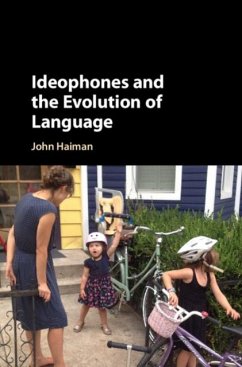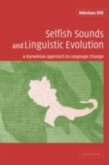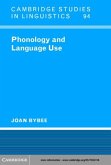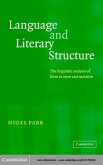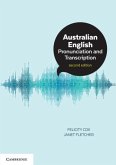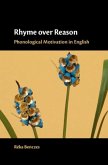Ideophones have been recognized in modern linguistics at least since 1935, but they still lie far outside the concerns of mainstream (Western) linguistic debate, in part because they are most richly attested in relatively unstudied (often unwritten) languages. The evolution of language, on the other hand, has recently become a fashionable topic, but all speculations so far have been almost totally data-free. Without disputing the tenet that there are no primitive languages, this book argues that ideophones may be an atavistic throwback to an earlier stage of communication, where sounds and gestures were paired in what can justifiably be called a 'prelinguistic' fashion. The structure of ideophones may also provide answers to deeper questions, among them how communicative gestures may themselves have emerged from practical actions. Moreover, their current distribution and behaviour provide hints as to how they may have become conventional words in languages with conventional rules.
Dieser Download kann aus rechtlichen Gründen nur mit Rechnungsadresse in A, B, BG, CY, CZ, D, DK, EW, E, FIN, F, GR, HR, H, IRL, I, LT, L, LR, M, NL, PL, P, R, S, SLO, SK ausgeliefert werden.

